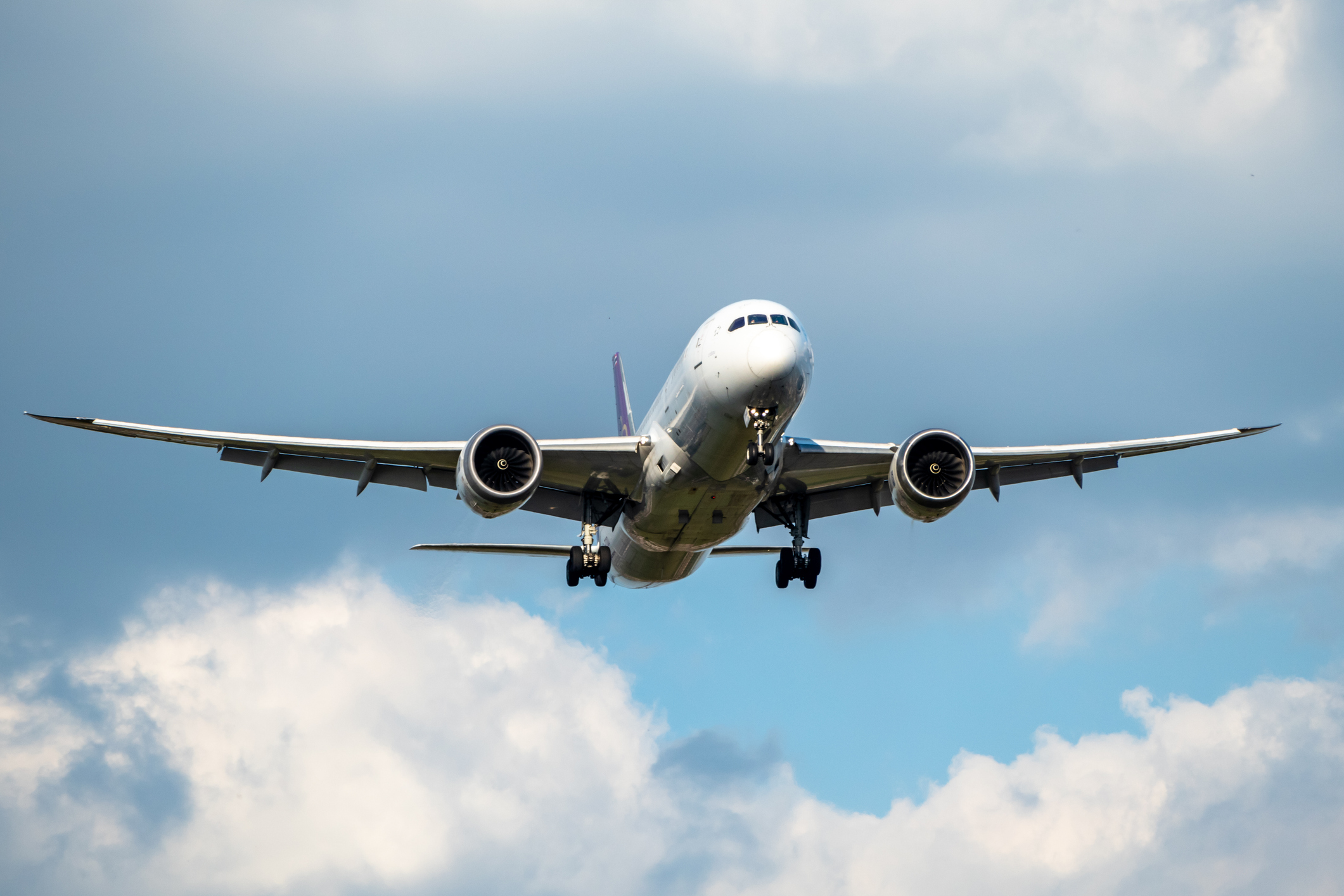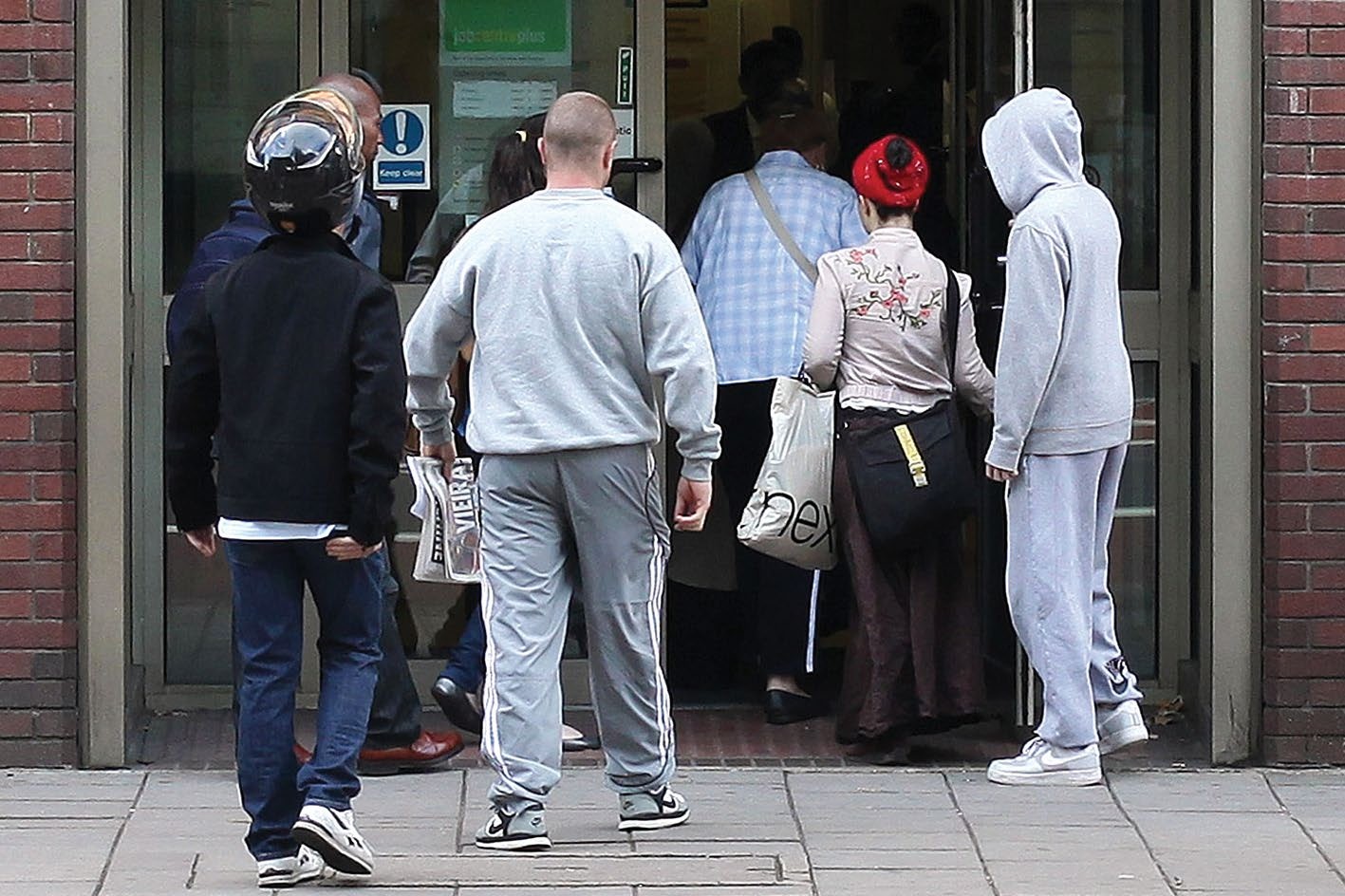Flight prices could rise due to aircraft shortages – is aerospace in trouble?
Aircraft shortages could push up flight prices as crisis hits the airline duopoly Boeing and Airbus. But, does that leave room for competition?


Get the latest financial news, insights and expert analysis from our award-winning MoneyWeek team, to help you understand what really matters when it comes to your finances.
You are now subscribed
Your newsletter sign-up was successful
Want to add more newsletters?
If you haven’t already booked a summer holiday it would be a good idea to get a move on. Prices are going up all the time.
Michael O’Leary, the pugnacious boss of Ryanair, has already warned that fares may have to go up by as much as 10% this summer because of the shortage of new aeroplanes to meet all the demand for flights. Air Lease, one of the largest suppliers of aeroplanes to the budget airlines, warned last week that delivery delays from both Boeing and Airbus were likely to persist well into 2025.
What was one of the fastest-growing industries in the world is being held back not by a shortage of skilled staff, or landing slots at overcrowded airports, but because there are not enough aeroplanes being made to meet all the demand for new aircraft.
Try 6 free issues of MoneyWeek today
Get unparalleled financial insight, analysis and expert opinion you can profit from.

Sign up to Money Morning
Don't miss the latest investment and personal finances news, market analysis, plus money-saving tips with our free twice-daily newsletter
Don't miss the latest investment and personal finances news, market analysis, plus money-saving tips with our free twice-daily newsletter
What could push flight prices up?
It is not hard to understand what the problem is. The US manufacturer Boeing has suffered the biggest problems, with well-documented safety issues in its bestselling 737 series of aircraft. It may well not get up to full speed again until the summer of 2025, or perhaps even later.
Its great European rival Airbus has been warning since February that deliveries of new aircraft will be delayed all through this year because of hold-ups along its complex supply chain. Put the two together, and it is simply impossible to get a new aeroplane right now. There are not enough to go around.
We all know what happens when there is a gap in the market. Someone steps in to fill it. China has already launched the Comac C919, the country’s first passenger aeroplane. A direct competitor to the Boeing 737 and the Airbus A320, it is already in service in the domestic market, and the manufacturer is starting to get it ready for export.
Earlier this month Brazil’s Embraer, which specialises in small and private jets, said it is looking at building a 737/ A320 rival. China’s Comac has also announced that it has started work on the C939, a far larger jet that would compete directly with the Boeing Dreamliner on long-haul routes. Add it all up and it’s clear that the duopoly that has dominated the aerospace industry for the last 30 years is under threat. For the first time, they are seeing real competition.
True, manufacturing passenger jets requires vast investment, a highly skilled workforce, developed supply chains, and relationships with the airlines that take a decade or more to build. It is one of the world’s most complex, sophisticated industries, requiring plenty of support from governments and lots of patient work by management and investors.
Is there room for competition in the aerospace market?
Indeed, one of the main reasons why there are only two players in the industry right now is that it is so expensive to develop a new aeroplane that it is virtually impossible for anyone else to break into the market. But that is starting to change.
The safety issues at Boeing and the delays at Airbus are creating a market that is more open than it has been for a generation or more. The longer that lasts, the more airlines will start looking around for someone else who can supply them with new aircraft.
The door will be wide open for fresh competitors. Western governments and manufacturers need to make sure that closes as quickly as possible. The US needs to ensure that Boeing fixes its production problems as fast as it can, even if it requires a complete change of leadership, and perhaps a change of ownership as well.
And the European governments (including the UK, given that the wings are made in this country) need to make sure that Airbus can ramp up production, even if it requires investment in new factories.
The West has become dangerously complacent. This is the last major industry in which the US and Europe are dominant – aerospace is still completely controlled by the West, with two giant companies supplying aeroplanes for the entire world.
Along the way, they generated hundreds of thousands of skilled jobs and tens of billions of export earnings. Right now, it is under threat. If China, and perhaps even Brazil, get a foothold in the industry, they will be impossible to stop – and another major industry will have been lost.
This article was first published in MoneyWeek's magazine. Enjoy exclusive early access to news, opinion and analysis from our team of financial experts with a MoneyWeek subscription.
Get the latest financial news, insights and expert analysis from our award-winning MoneyWeek team, to help you understand what really matters when it comes to your finances.

Matthew Lynn is a columnist for Bloomberg and writes weekly commentary syndicated in papers such as the Daily Telegraph, Die Welt, the Sydney Morning Herald, the South China Morning Post and the Miami Herald. He is also an associate editor of Spectator Business, and a regular contributor to The Spectator. Before that, he worked for the business section of the Sunday Times for ten years.
-
 Three Indian stocks poised to profit
Three Indian stocks poised to profitIndian stocks are making waves. Here, professional investor Gaurav Narain of the India Capital Growth Fund highlights three of his favourites
-
 UK small-cap stocks ‘are ready to run’
UK small-cap stocks ‘are ready to run’Opinion UK small-cap stocks could be set for a multi-year bull market, with recent strong performance outstripping the large-cap indices
-
 Three Indian stocks poised to profit
Three Indian stocks poised to profitIndian stocks are making waves. Here, professional investor Gaurav Narain of the India Capital Growth Fund highlights three of his favourites
-
 UK small-cap stocks ‘are ready to run’
UK small-cap stocks ‘are ready to run’Opinion UK small-cap stocks could be set for a multi-year bull market, with recent strong performance outstripping the large-cap indices
-
 Hints of a private credit crisis rattle investors
Hints of a private credit crisis rattle investorsThere are similarities to 2007 in private credit. Investors shouldn’t panic, but they should be alert to the possibility of a crash.
-
 Investing in Taiwan: profit from the rise of Asia’s Silicon Valley
Investing in Taiwan: profit from the rise of Asia’s Silicon ValleyTaiwan has become a technology manufacturing powerhouse. Smart investors should buy in now, says Matthew Partridge
-
 ‘Why you should mix bitcoin and gold’
‘Why you should mix bitcoin and gold’Opinion Bitcoin and gold are both monetary assets and tend to move in opposite directions. Here's why you should hold both
-
 Invest in the beauty industry as it takes on a new look
Invest in the beauty industry as it takes on a new lookThe beauty industry is proving resilient in troubled times, helped by its ability to shape new trends, says Maryam Cockar
-
 Should you invest in energy provider SSE?
Should you invest in energy provider SSE?Energy provider SSE is going for growth and looks reasonably valued. Should you invest?
-
 The scourge of youth unemployment in Britain
The scourge of youth unemployment in BritainYouth unemployment in Britain is the worst it’s been for more than a decade. Something dramatic seems to have changed in the labour markets. What is it?